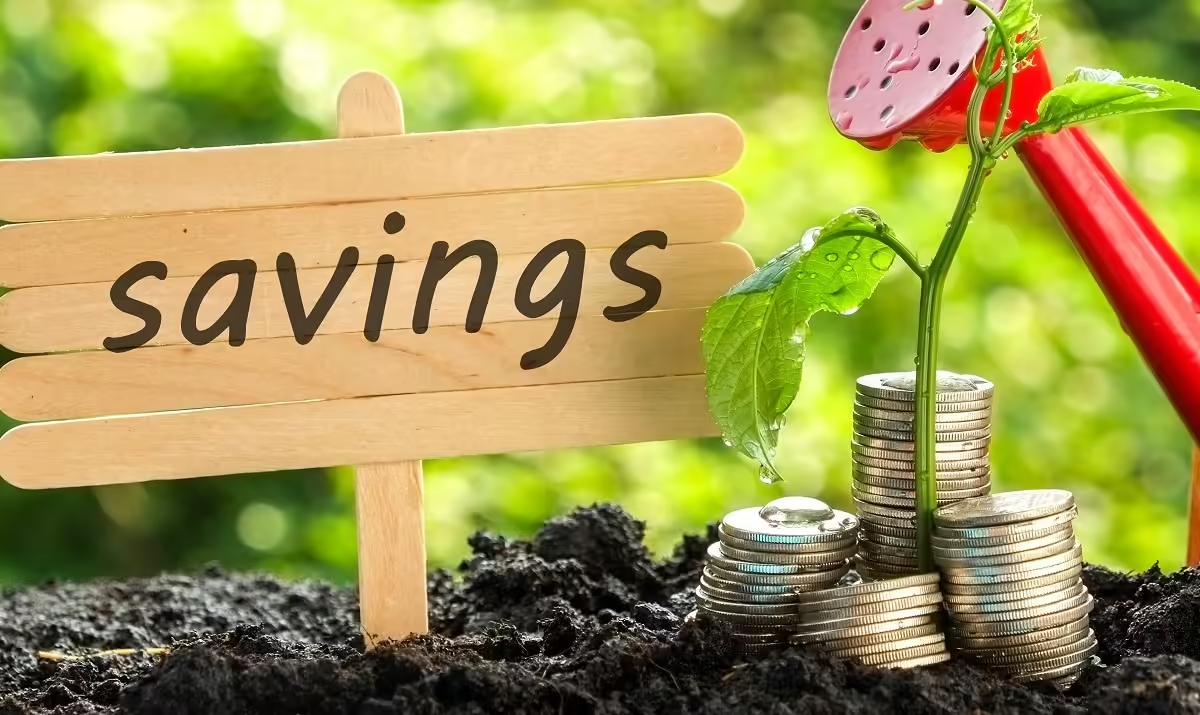In the ever-evolving world of finance, finding a secure and reliable investment option can feel like searching for a needle in a haystack. Amidst the whirlwind of stocks, mutual funds, and real estate, there exists a time-tested, stable, and often overlooked gem: government bonds.
For Kenyans looking for a safe place to grow their money, government bonds offer a compelling choice. Let’s dive into the world of government bonds and explore why they could be the perfect investment option for you.
Contents
What are government bonds?
To put it simply, government bonds are loans you give to the government. In return for borrowing your money, the government promises to pay you interest at regular intervals and return your principal amount when the bond matures. Think of it as lending money to a very trustworthy friend (in this case, the Kenyan government) who promises to pay you back with a little extra on top.
Bonds are typically issued for a fixed period, ranging from a few months to several years. During this time, you receive interest payments, known as coupons, usually every six months. Once the bond reaches maturity, you get back your original investment, also known as the face value of the bond.
Types of government bonds in Kenya
In Kenya, the National Treasury offers two types of government securities:
- Treasury bonds: These are long-term bonds with maturities ranging from one year to 30 years. They offer regular interest payments (coupons) and are ideal for investors looking for a steady income stream over a long period. In order to purchase a treasury bond, you are required to invest a minimum of KES 50,000.
- Treasury bills (T-Bills): Unlike Treasury bonds, T-Bills are short-term securities with maturities of less than a year (91 days, 182 days, or 364 days). They’re sold at a discount and pay no interest, but you earn the difference between the purchase price and the face value at maturity. In order to purchase a treasury bill, you are required to invest a minimum of KES 100,000.
How to invest in government bonds
Investing in government bonds in Kenya is a straightforward process, but it does require a bit of knowledge and preparation. Here’s a step-by-step guide to getting started:
- Open a CDS account: To buy government bonds, you must have a bank account with a commercial bank in Kenya and you’ll need to open a Central Depository System (CDS) account with the Central Bank of Kenya (CBK). This account acts as a digital wallet for holding your bonds. Individuals who prefer not to open a CDS account with the Central Bank can still participate in government bond investments by opening a client account with a commercial bank, which will manage the investment on their behalf. However, unlike the free CDS account offered by the Central Bank, commercial banks generally charge fees for maintaining client accounts.
- Understand the auction process: Government bonds are typically sold through an auction process conducted by the CBK. You’ll need to complete and submit a bid, indicating how much you’re willing to invest and the interest rate you expect. The CBK will then allocate bonds based on the bids received.
- Choose between competitive and non-competitive bids: When submitting your bid, you can choose between a competitive bid, where you specify the interest rate you want, or a non-competitive bid, where you accept the average rate determined by the auction. Non-competitive bids are simpler and guarantee that you’ll get the bonds, but you may not get the highest possible return.
- Pay for your bonds: Once your bid is successful, you’ll need to pay for the bonds. This can be done through a direct transfer from your bank account to your CDS account.
- Receive your coupons: After purchasing the bonds, you’ll receive regular interest payments directly into your bank account until the bond matures.
- Redeem your bond: At maturity, you’ll receive your initial investment back, and your bond will be removed from your CDS account.
Benefits of investing
Government bonds offer several advantages that make them an attractive investment option for Kenyans:
- Safety and security: Government bonds are considered one of the safest investments because they are backed by the full faith and credit of the government. This means that the risk of default is extremely low. In other words, it’s highly unlikely that the government will fail to pay back its debt. Hence, there’s a very low risk of losing your money.
- Steady income: Bonds provide a regular income stream through interest payments. This can be particularly beneficial for retirees or anyone looking to supplement their income.
- Low volatility: Bonds are less volatile than stocks, meaning their prices don’t swing as dramatically. This makes them a more stable investment, particularly in uncertain economic times.
- Capital preservation: With government bonds, your principal investment is preserved. At maturity, you get back the full amount you invested, making them a safe choice for conservative investors.
- Tax incentives: Some government bonds, like infrastructure bonds, come with tax exemptions on interest earned. This can boost your overall return on investment.
- Diversification: Adding government bonds to your investment portfolio helps spread risk, balancing more volatile investments like stocks.
- Accessibility: Government bonds are available in a range of denominations, making them accessible to both small and large investors. Whether you have KES50,000 or KES1 million there’s a bond for you.
- Support national development: By investing in government bonds, you’re not just securing your financial future—you’re also contributing to the development of the country. The funds raised through bonds are often used for public projects that benefit all Kenyans.
Risks to consider
While government bonds are generally safe, it’s important to be aware of the risks involved:
- Interest rate risk: If interest rates rise, the value of existing bonds may fall. This is because new bonds will be issued at higher rates, making older bonds less attractive.
- Inflation risk: If inflation rises faster than the bond’s interest rate, your purchasing power could decline. In other words, the money you earn from the bond may not be worth as much in the future.
- Credit risk: Although government bonds are generally considered low-risk, there is still a risk of default. If the government faces financial difficulties, it might struggle to meet its debt obligations.
- Liquidity risk: Government bonds might not always be easily tradable in the secondary market. If you need to sell your bond before maturity, you might face difficulties or unfavorable prices.
- Reinvestment risk: If interest rates fall, the returns on the bond’s interest payments might be reinvested at lower rates, which can affect the overall yield of your investment.
- Currency risk: For international investors or those with expenses in foreign currencies, fluctuations in exchange rates can impact the effective return on investments in Kenyan government bonds.
- Political risk: Changes in government or political instability can impact the economic environment and affect the government’s ability to service its debt.
- Opportunity cost: By investing in government bonds, you may miss out on higher returns from other investments like stocks or real estate. It’s important to balance your portfolio based on your risk tolerance and financial goals.
Who should consider government bonds?
Government bonds are an excellent choice for a wide range of investors, but they’re particularly suited to those who:
- Seek stability: If you prefer a low-risk investment that offers predictable returns, government bonds are a good match.
- Need regular income: Bonds provide a steady stream of income, making them ideal for retirees or anyone looking to supplement their income.
- Are risk-averse: If the ups and downs of the stock market make you nervous, bonds offer a safer alternative.
- Want to diversify: Adding government bonds to your investment portfolio can help balance risk, especially if you’re heavily invested in more volatile assets.
In a world of financial uncertainty, government bonds stand out as a safe and reliable investment option for Kenyans. They offer stability, predictable returns, and the peace of mind that comes from knowing your money is backed by the government.
So, why not give them a try? By investing in government bonds, you’re not just securing your financial future—you’re also contributing to the growth and development of Kenya. It’s a win-win situation that offers both personal and national benefits.






